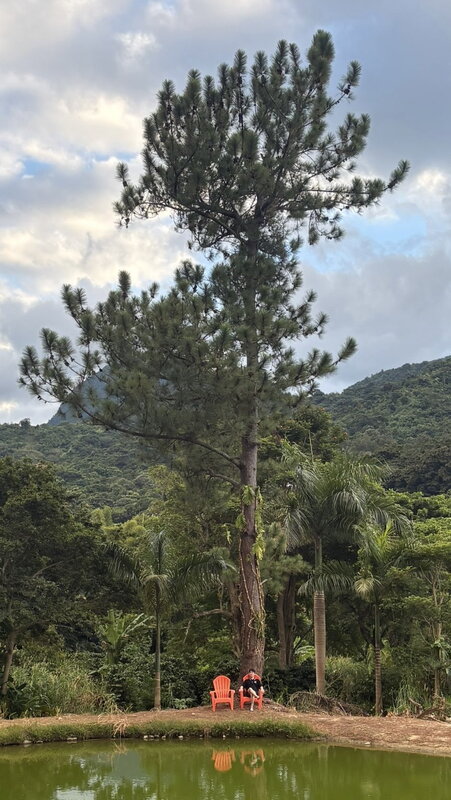Biography
Kei (pronounced kay-ee) is a Ph.D. student in Geography from Japan, interested in how oceans, their inhabitants, and human societies interact. Before joining UIUC in 2023, he spent two years as a Ph.D. student at the School of Geographical Sciences and Urban Planning at Arizona State University (Arizona, USA). He was born and raised in Nagoya, Japan, and moved to Tokyo at 17 to attend college, where he majored in cultural anthropology. During his undergraduate studies, he spent a year at Guilford College (North Carolina, USA), marking his first experience spending a whole academic year outside his home country. It was there that he encountered human geography, where a course on urban environmental history assigned Concrete and Clay by Matthew Gandy.
広くは、海、そこに住む人間以外の様々な存在、そして人間社会の間にある相互作用について関心を抱いています。2023年にイリノイ大学に入学するまでは、2年間、アリゾナ州立大学(米国アリゾナ州)地理科学・都市計画学部博士課程に2年間在籍していました。名古屋で生まれ育ち、大学進学のために17歳で上京しました。大学時代に1年間交換留学したギルフォード大学(米国ノースカロライナ州)で都市環境史の授業を履修した際に Concrete and Clay という本を読み、初めて人文地理学に出会いました。
Research Interests
Political economy of oceanic affairs 海洋の政治経済学
Political ecology of climate change and energy 気候変動とエネルギーの政治生態学
Geographies of infrastructure and logistics インフラと物流の地理学
Geographies of knowledge production and expertise 知識生産と専門性の地理学
- Qualitative Methodologies and Methods 質的方法論および調査法
Education
School of Criticism and Theory at Cornell University (Ithaca, New York, USA), 2024
M.A. in Geography, Ohio University (Athens, Ohio, USA), 2019
B.A. in Anthropology, International Christian University (Tokyo, Japan), 2017
Awards and Honors
Nicholson Fellowship, Unit for Criticism & Interpretive Theory, University of Illinois Urbana-Champaign (2024)
Courses Taught
Graduate Teaching Assistant
GGIS 104: Social and Cultural Geography (2023 Fall)
GGIS 254: People, Places, and Environments of the US (2024 Spring; 2025 Fall)
GGIS 210: Social & Environmental Issues (2024 Fall; 2025 Spring; 2025 Summer)
GGIS 221: Geographies of Global Conflicts (2025 Spring)
